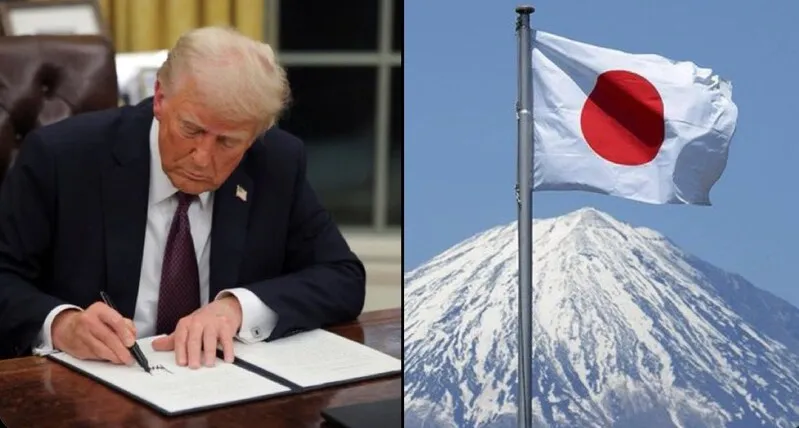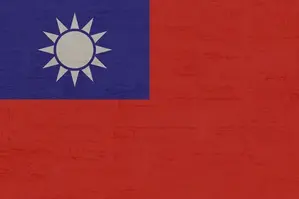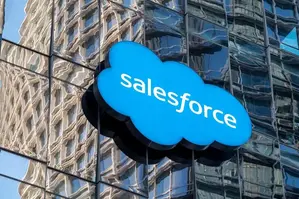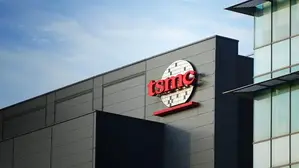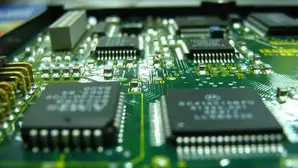Japan’s auto tariff deal signed by President Trump actually reduces automotive tariffs to 15% and also secures a massive $550 billion investment package from Japan. The US Japan trade agreement comes right now as Prime Minister Ishiba faces mounting political pressure following electoral defeats.
🇺🇸 TRUMP SIGNED AN EXECUTIVE ORDER OFFICIALLY IMPLEMENTING THE US-JAPAN TRADE AGREEMENT
— Ash Crypto (@Ashcryptoreal) September 4, 2025
BULLISH FOR MARKETS 🔥 pic.twitter.com/tImQldmu0w
Japan’s Auto Tariff Deal Spurs $550B Investment And Tests Ishiba
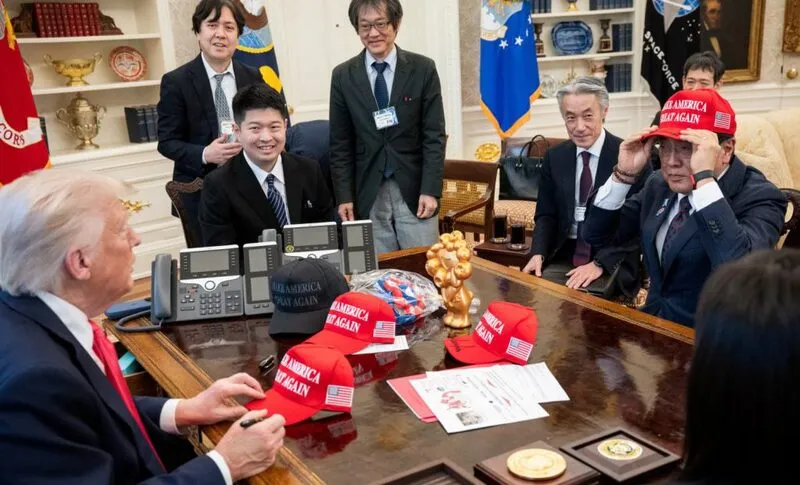
President Trump signed an executive order Thursday implementing the Japan auto tariff deal, and it sets maximum 15% tariffs on Japanese vehicles along with parts. The 550 billion Japan investment will actually come through equity, loans and also guarantees from Japan’s government-owned banks.
Trump Tariff Cut Order Details
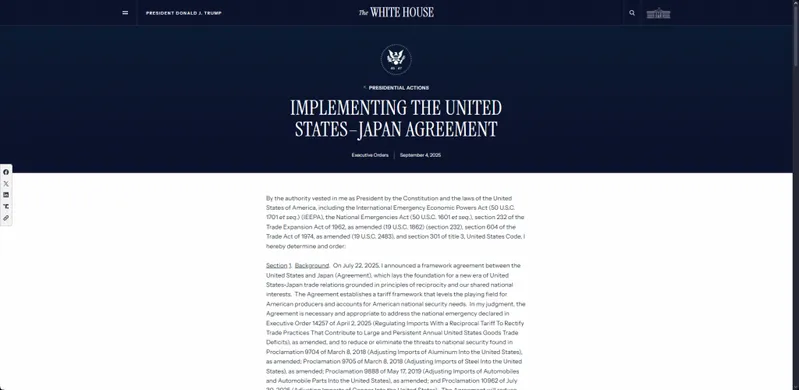
The Trump tariff cut order reduces rates from the current 27.5% to 15% for Japanese automobiles, which is significant relief for manufacturers right now. The executive order actually specifies that products with existing rates below 15% will be adjusted to exactly 15%, while items already facing higher tariffs won’t see additional duties.
Japanese auto shares climbed 2.8% in Tokyo following the announcement, reflecting market relief over the Japan auto tariff deal outcome and its impact on trade relations.
Ishiba Political Crisis Deepens
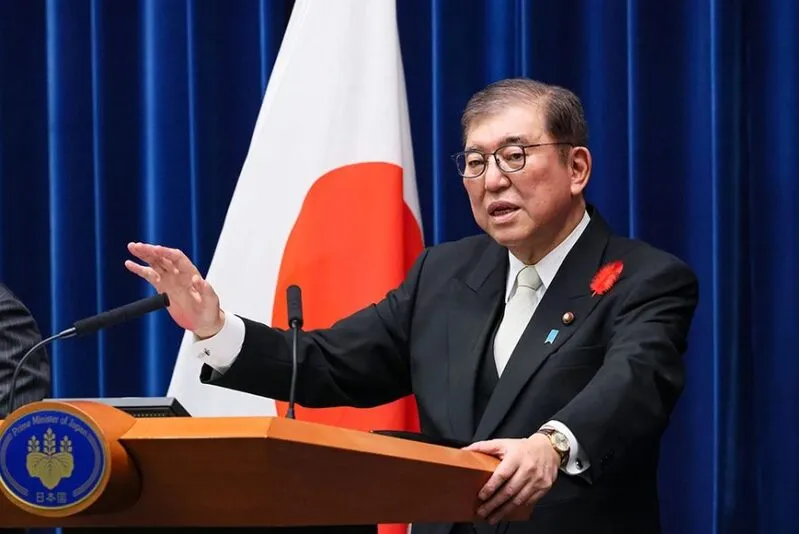
The US Japan trade agreement comes amid severe Ishiba political crisis as the Prime Minister’s Liberal Democratic Party lost majorities in both parliamentary houses, which is actually unprecedented. LDP Secretary-General Hiroshi Moriyama announced his resignation plans, stating:
“I am accountable for the election results as the party’s secretary-general and I must take responsibility.”
Also Read: Gulf Countries Respond To US Tariffs With Trillion-Dollar Investments
The 550 billion Japan investment package targets semiconductors, pharmaceuticals, and also automotive sectors as part of the broader trade framework that was negotiated.
Market Impact and Political Fallout
Stefan Angrick from Moody’s Analytics commented on the Japan auto tariff deal:
“The trade deal struck with the US is certainly a relief in that it offers some certainty that US tariffs on Japan-made cars won’t rise to punitive levels.”
However, the Ishiba political crisis continues as opposition parties consider no-confidence motions right now. The Trump tariff cut order provides temporary relief but doesn’t actually resolve underlying political instability facing Japan’s minority government.
Also Read: Trump Says Ending Tariffs Risks $15T Investment, ‘Third World’ Status
The US Japan trade agreement establishes new bilateral framework while Japan’s political future remains uncertain as Ishiba faces mounting pressure to resign even despite the successful tariff negotiations.
